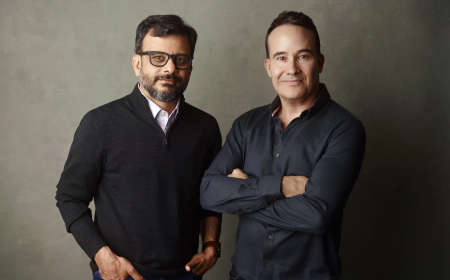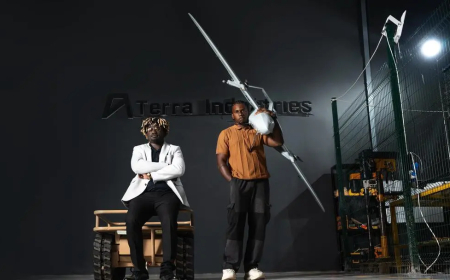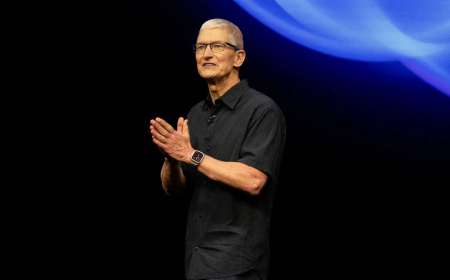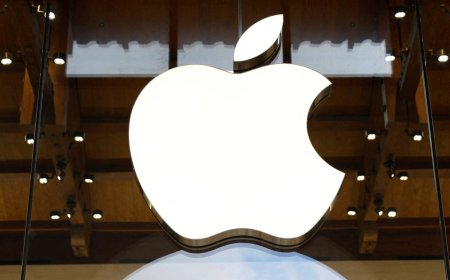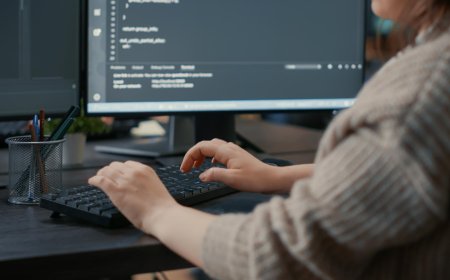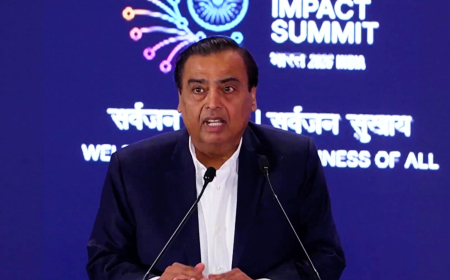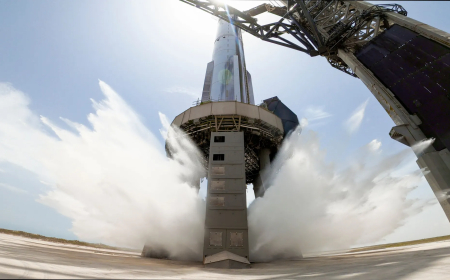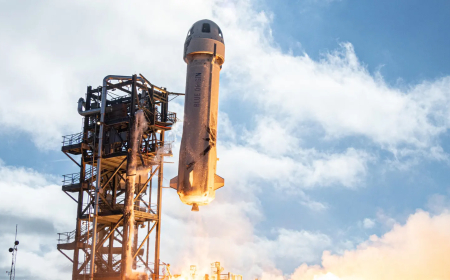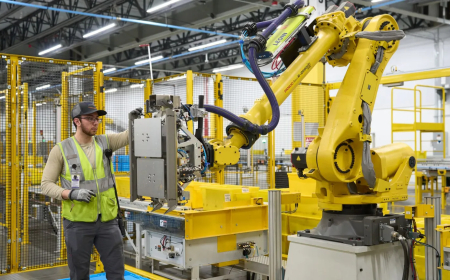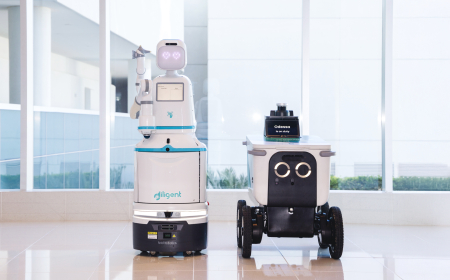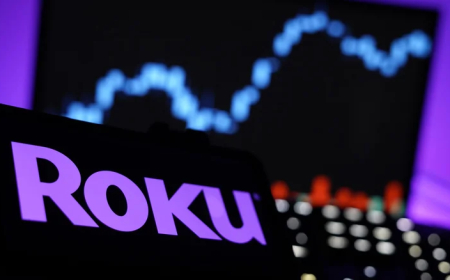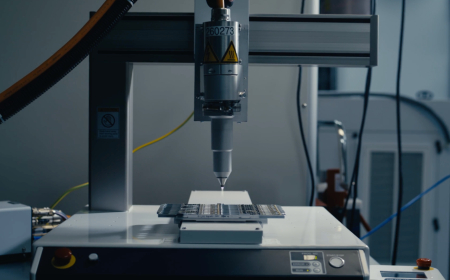Sam Altman says he doesn’t want the government to bail out OpenAI if it fails
OpenAI CEO Sam Altman clarified that the company will not seek U.S. government-backed loans for its $1.4 trillion data centre expansion after CFO Sarah Friar’s “backstop” comments sparked backlash.
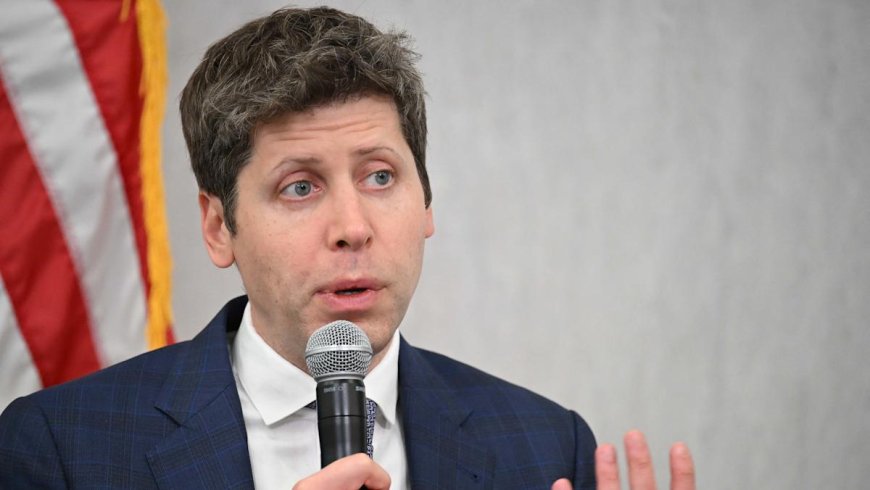
OpenAI executives are facing mounting questions about how the company plans to finance its massive $1.4 trillion in data centre build-outs and usage commitments, following comments from CFO Sarah Friar that ignited a short-lived controversy about potential U.S. government-backed loans.
CEO Sam Altman addressed the issue Thursday on X (formerly Twitter), clarifying that OpenAI is not seeking government guarantees and that its funding strategy will rely on traditional means — equity sales, partnerships, and private lending — rather than taxpayer assistance.
“We do not have or want government guarantees for OpenAI data centers,” Altman wrote. “We believe that governments should not pick winners or losers, and that taxpayers should not bail out companies that make bad business decisions or otherwise lose in the market.”
Altman reaffirmed that OpenAI expects to end 2025 with an annualised revenue run rate exceeding $20 billion and to grow to “hundreds of billions” by 2030.
The Controversy: A Misinterpreted ‘Backstop’
The uproar began Wednesday when Friar spoke at a Wall Street Journal event, where she suggested that government-backed loans could make financing more affordable as OpenAI ramps up its infrastructure investments.
A “backstopped loan” refers to a government guarantee that covers the lender’s risk — meaning that if a company defaults, taxpayers foot the bill. Such arrangements can significantly reduce borrowing costs by lowering perceived risk.
“The backstop, the guarantee that allows the financing to happen … can really drop the cost of the financing but also increase the loan-to-value,” Friar said during the event, adding that the U.S. government views AI as a “national strategic asset.”
Following backlash online — particularly from high-profile tech and political commentators — Friar quickly retracted her remarks.
“OpenAI is not seeking a government backstop for our infrastructure commitments,” she clarified on LinkedIn. “I used the word ‘backstop,’ and it muddied the point.”
Government and Industry Reactions
Among those weighing in was David Sacks, the U.S. government’s AI czar and a well-known Silicon Valley investor. Sacks firmly dismissed the notion of taxpayer support for AI companies.
“There will be no federal bailout for AI,” Sacks wrote on X. “The U.S. has at least five major frontier model companies. If one fails, others will take its place.”
He added that the government’s focus will remain on streamlining permitting and power generation for data centres, not subsidising corporate debt.
Altman echoed Sacks’ sentiment, clarifying that OpenAI had only discussed loan guarantees in the context of semiconductor fabrication (fab) construction, where the U.S. government has invited private sector participation to strengthen domestic chip production.
“We and other companies have responded to the government’s call and would be happy to help (though we did not formally apply),” Altman noted.
There will be no federal bailout for AI. The U.S. has at least 5 major frontier model companies. If one fails, others will take its place. — David Sacks (@DavidSacks) November 6, 2025
The Bigger Question: How Will OpenAI Pay?
The clarification did little to quell investor curiosity about how OpenAI will fund its ambitious infrastructure.
Altman said the company’s confidence is bolstered by strong enterprise adoption — surpassing 1 million business customers — and new ventures in consumer AI devices, robotics, and scientific discovery.
Still, even with a projected $20 billion revenue run rate, analysts note that OpenAI’s capital commitments — estimated at 70 times its current annual revenue — underscore the enormous cost of competing in the global AI arms race.
“She’s right that such a guarantee would make financing easier,” one analyst told TechAmerica. “But with the U.S. government saying no, OpenAI will have to rely entirely on private capital and strategic partnerships to fund its $1.4 trillion expansion.”
For now, Altman appears undeterred.
“We feel good about our prospects,” he said, pointing to growth across OpenAI’s enterprise and consumer lines.
What's Your Reaction?
 Like
0
Like
0
 Dislike
0
Dislike
0
 Love
0
Love
0
 Funny
0
Funny
0
 Angry
0
Angry
0
 Sad
0
Sad
0
 Wow
0
Wow
0



